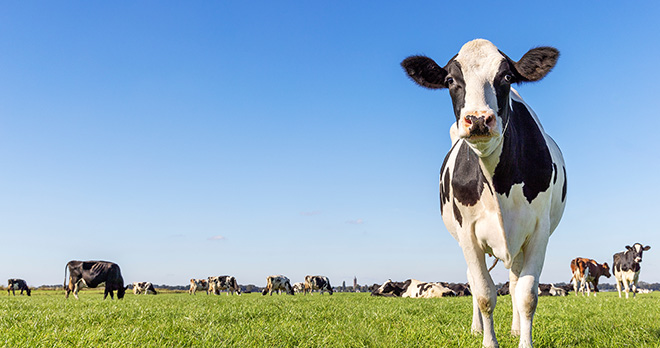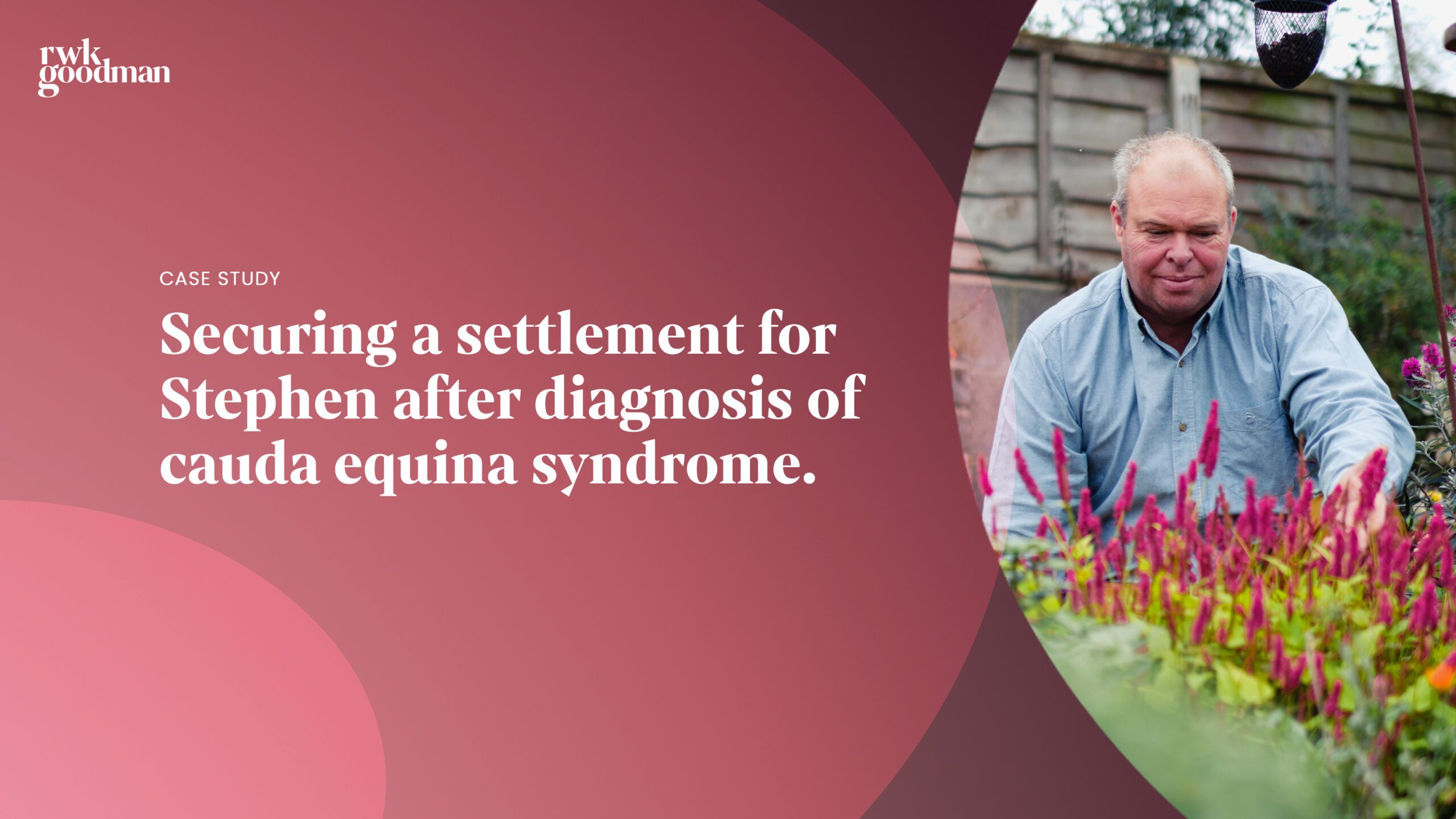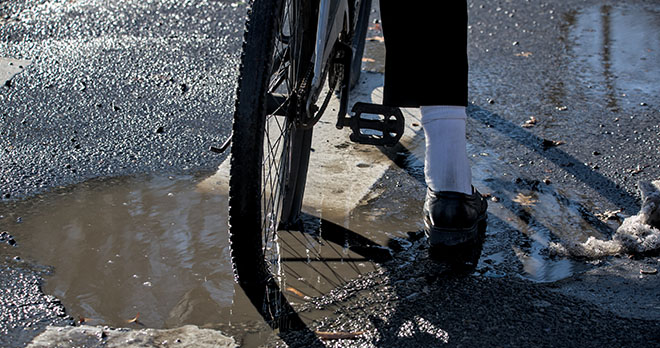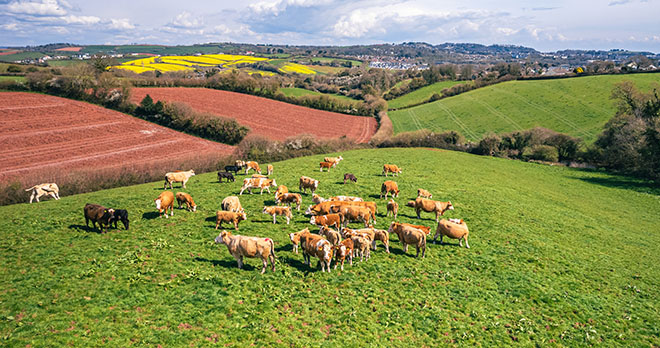Insights from the Ahead Together Poster Showcase
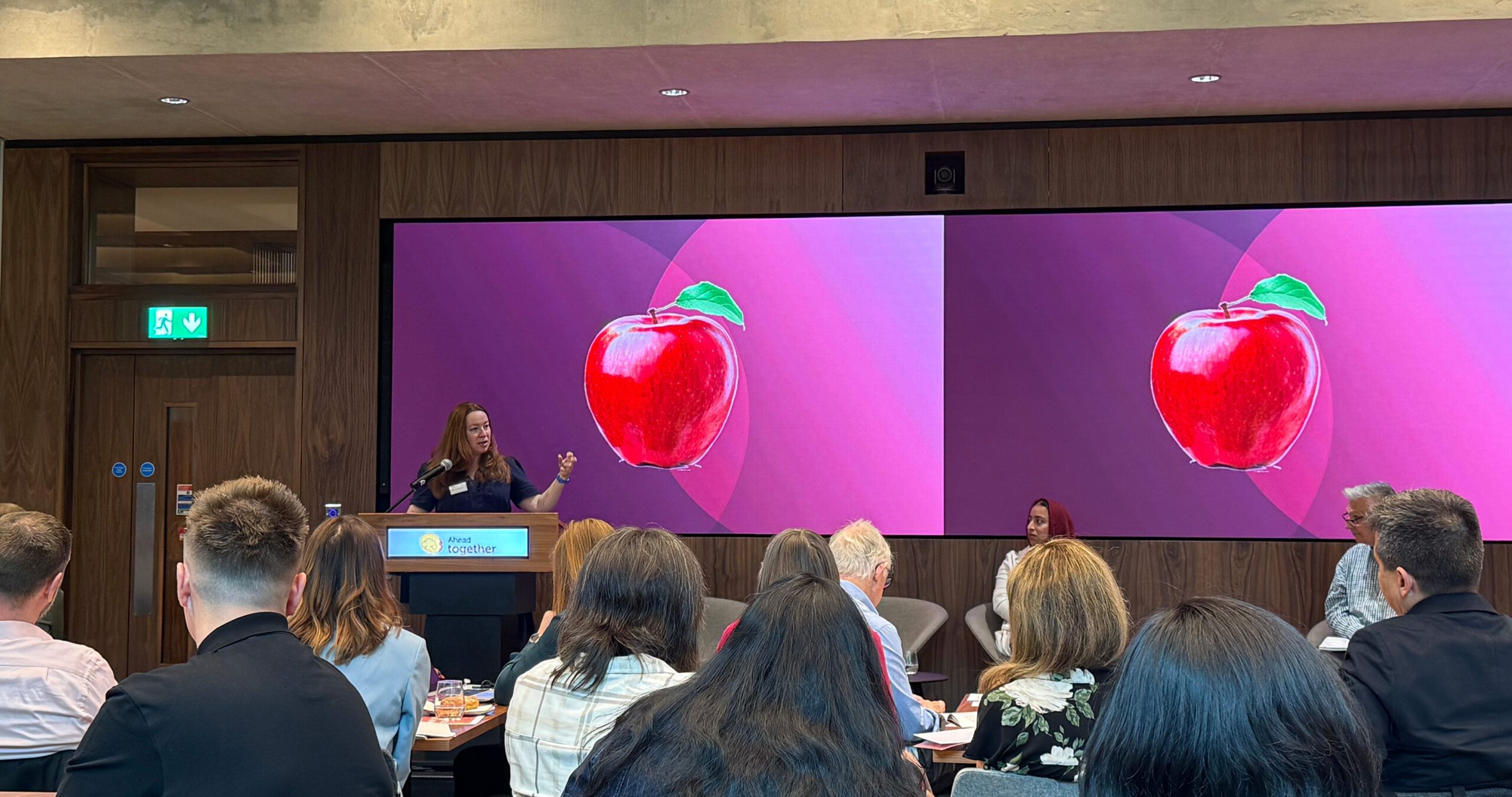
Article authored by Dr Ciara Preston, Consultant Clinical Neuropsychologist and Lead for Inpatient Clinical Neuropsychology Services at the OCE
In May 2025, the biennial Ahead Together Conference explored the theme “Families after Brain Injury: Reclaiming Hope.” The day was a testament to the enduring resilience of families navigating life after brain injury. Moving stories, inspiring research, and innovative resources were shared by a community committed to family-centred rehabilitation.
Among the conference highlights was a competitive poster exhibition, designed to showcase excellence and innovation in family-focused work. Poster entrants were invited to submit abstracts relating to research, service developments, quality improvement projects or resource development for families affected by brain injury.
From these submissions, 10 entries were shortlisted for display at the conference. Each of these abstracts featured in the printed conference brochure and their accompanying posters were exhibited on the day, where delegates were invited to vote for their favourite.
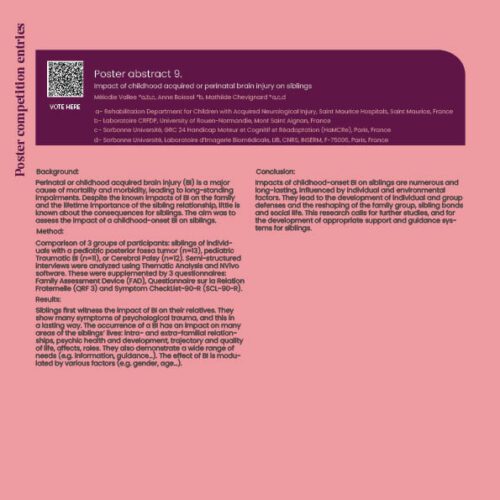
Warm congratulations go to the winning poster, “Impact of Childhood Acquired or Perinatal Brain Injury on Siblings” by Mélodie Vallee, Anne Boissel, and Mathilde Chevignard from Saint Maurice Hospitals, University of Rouen-Normandie, and Sorbonne Université, France. This excellent piece of research cast a spotlight on the experience of siblings of children with acquired brain injury (ABI). Through thematic analysis of interviews and standardised assessments, the study highlighted lasting psychological trauma and a wide range of unmet needs among siblings, from disrupted relationships to changes in mental health and quality of life. It calls for the development of targeted support for this group and reminds us of the ripple effect brain injury has on the entire family system.
The remaining nine shortlisted posters covered an impressive range of work, from co-produced resources to innovative therapies and systematic reviews. Together, they illuminated best practice and pressing challenges in supporting families affected by brain injury.
Co-Production and Creative Resource Development
Two projects from P.A.U.L For Brain Recovery, in partnership with Humber Teaching NHS Foundation Trust and York St John University, demonstrated the power of co-production in developing family resources.
The “Creating Resources – Supporting Families Affected by ABI” poster detailed how 13 family members collaborated in workshops to develop animations, booklets, collages, training sessions and online materials in accessible formats grounded in lived experience. Central themes included hope, self-care and resilience.
Their companion poster, “The IF Project,” explored the emotional impact of caregiving and identified systemic gaps in post-discharge support. Through family collaboration, the team created resources and established a family support hotline, regular workshops and a ward presence to engage families early in their journey. This work exemplifies a proactive, targeted and flexible approach to support provision.
A similar ethos underpinned the “Headway Hertfordshire Family Project”, which responded to the needs of children affected by a parent’s ABI following feedback gathered during the COVID-19 pandemic. From tailored resource packs to family days and counselling services, the initiative has grown to support 61 children across 34 families.
Therapeutic innovations in Family Support
Several posters described therapeutic innovations designed to support emotional wellbeing and adjustment in families affected by brain injury.
From King’s College Hospital, Kalinin, Lau and Ling proposed a six-week Acceptance and Commitment Therapy (ACT) based group intervention for ABI survivors and a family member. ACT’s focus on values and psychological flexibility makes it well suited to support adjustment in relationships and emotional complexity following brain injury. Their project will evaluate feasibility and impact using standardised outcome measures, potentially paving the way for wider implementation.
Similarly focused on emotional adjustment was Elizabeth Gilmour’s study from the University of Plymouth of a grief-writing intervention based on the “continuing bonds” model. Designed for family members of those with ABI, the four-week programme provided space to notice changes to life “before” the injury. Participants reported that writing was both challenging and therapeutic, acknowledging loss and creating meaning.
System level learning and service development
Other posters focussed on systemic barriers and opportunities within brain injury care.
From Norfolk and East Anglia, Jessica Blake and colleagues conducted a scoping review on misaligned expectations between healthcare professionals and families in inpatient rehabilitation. Their findings point to the need for improved communication and recognition of family hopes. They advocate for proactive conversations about recovery expectations early in care, reframing rehabilitation as a shared process.
Two posters from researchers in Manchester, Staffordshire and the North Midlands addressed the complex landscape of prolonged disorders of consciousness (PDoC) following ABI. Watkins et al. explored the lived experiences of male family members supporting relatives in a PDoC, identifying themes of the unknown emotional journey, meaning making, and navigation of complex care systems. Brennan, Brown and Teager’s systematic review of families’ experiences of decision-making in the context of DoC highlighted the moral and emotional weight of life and death choices. Both posters highlighted the importance of compassionate, holistic support for families and the development of clear, well communicated care pathways that include them throughout.
Environment as a therapeutic tool
Finally, the team from Oxford University Hospitals NHS Foundation Trust presented a quality improvement project entitled “Enhancing Hope Through Environment in Family-Centred Brain Injury Rehabilitation.” Recognising that physical spaces shape emotional connection and recovery, the Oxford Centre for Enablement is undertaking a co-design project to modernise their family areas. Using Plan-Do-Study-Act methodology, the team are involving families, staff and people with lived experience of brain injury in redesigning spaces to better support presence and connection. This work speaks to the broad nature of family-centred care.
Conclusion
The 2025 Ahead Together Conference posters showcased work rooted in compassion, creativity and commitment to change. From co-produced booklets and family focussed interventions to systematic reviews and environmental redesigns, each project contributed valuable insight into how we can support families affected by brain injury. The emphasis on shared experience and co-production reflects an understanding of rehabilitation that acknowledges the relational dimensions of adjustment and reinforces the importance of keeping hope, while at times complex and non-linear, central to conversations in neurorehabilitation.
Congratulations once again to all poster entrants and especially to our winners.
Poster competition judged by Professor Charlie Whiffin and Dr Ciara Preston.
If you would like to discuss making a potential claim for a brain injury suffered by yourself, or someone else, please contact our specialist brain injury team and we can assess your claim.
Call now
More insights from our brain injury experts.
View more articles related to Brain Injury, Injury and Team Around the Client
